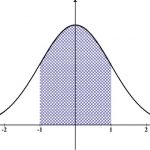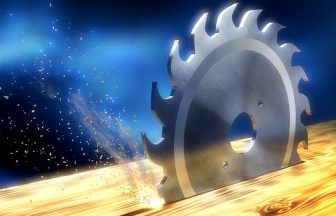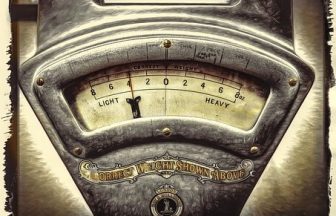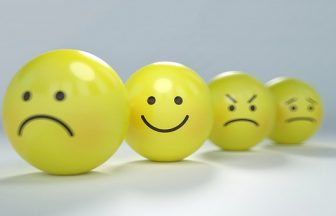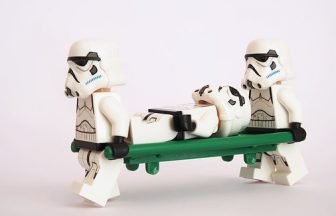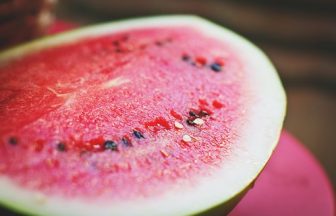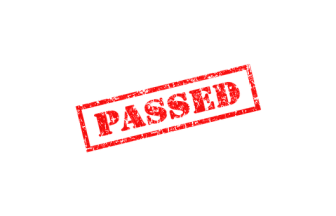「要素・部分」|「element」「component」「constituent」「ingredient」の違いと使い方
体の「部分」やシステムの「部分」、「化学物質」や食品の「成分」など、単語の使い分けを覚えておきましょう。
「要素・部分」|「element」 は最も一般的な語
element はもっとも一般的な「要素・部分」の意味を表すときに使われる語。
科学の発展とともに、
The elements that make up substances have been discovered step by step. (物質を構成する要素は徐々に解明されてきました)
※ substance「物質」 step by step「徐々に」
会社などでもよくある。
Organizations have a tendency to exclude foreign elements. (組織には異分子を排除しようとする特性があります)
※ tendency「傾向」 exclude「排除する」 foreign「異質の」(この場合「外国の」ではない)
成功するには、
Originality is the most important element of success. (独創性は成功の最も重要な要素です)
※ originality「独創性」 success「成功」
「要素・部分」|「component」はシステムの要素や機器の部品
component は system、plan、work、などを構成する要素や computer、clock などの機器の部品を表すときに使われる語。
組み立て作業。
His job is to put together component parts of TV sets at a factory. (彼は工場でテレビの部品を組み立てる仕事をしています)
車の部品。
A radiator is an indispensable component of a car for cooling down the engine. (ラジエーターは車のエンジンを冷却するために欠かせない部品です)
部品の調達は命。
The success of this business relies on the steady supply of parts and components. (この事業の成否は部品の安定供給にかかっています)
「要素・部分」|「constituent」は生体物質や化学物質の一部
constituent は bone などの生体物質や gas などの化学物質の一部を表す場合に使われる語。
塩は、
Sodium is one of the constituents of salt. (ナトリウムは塩の成分の一つです)
※ sodium「ナトリウム」
文法の話。
The main constituents of a sentence are the subject, predicate and object. (文の主な要素は主語、述語そして目的語である)
「要素・部分」|「ingredient」は食品・飲料の成分や要素
ingredient は食品、飲料などの成分や要素をさす場合に使われる語。
自分で薬を作りました。
Tokugawa Ieyasu compounded various ingredients into a medicine. (徳川家康はいろいろな成分を配合して薬を作りました)
※ compound「調合する」
天然ガス。
The main ingredient of natural gas is methane. (天然ガスの主成分はメタンです)
美味しいアイスクリームは、
One of the ingredients of ice cream is milk. (アイスクリームの成分の一つは牛乳です)
まとめ|「要素・部分」「element」「component」「constituent」「ingredient」
element は最も一般的な語
component はシステムの要素や機器の部品
constituent は生体物質や化学物質の一部
ingredient は食品・飲料の成分や要素


